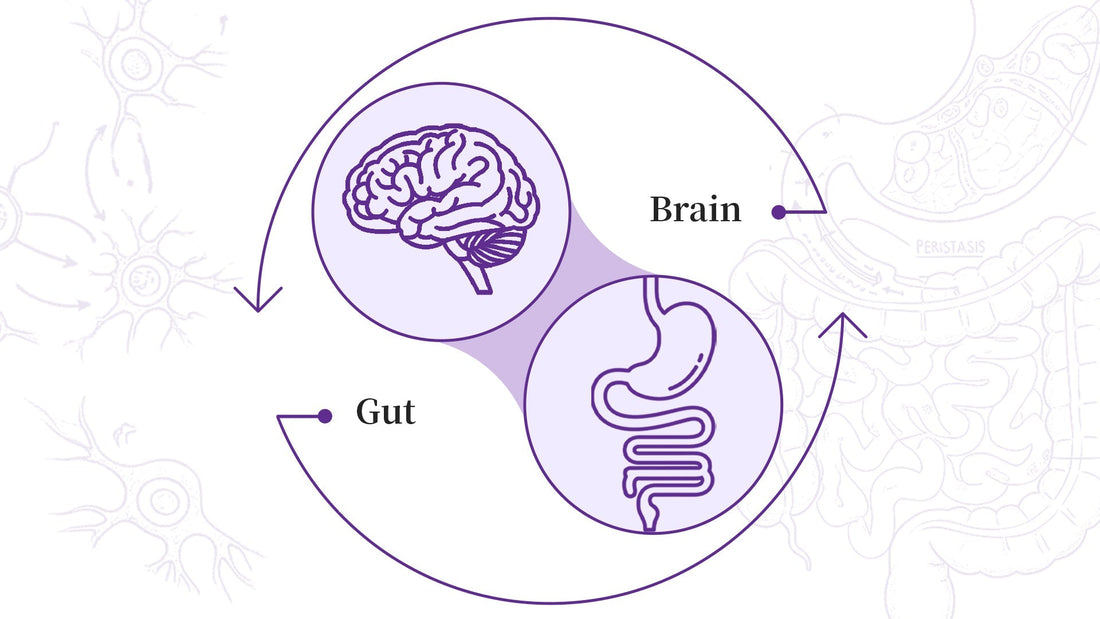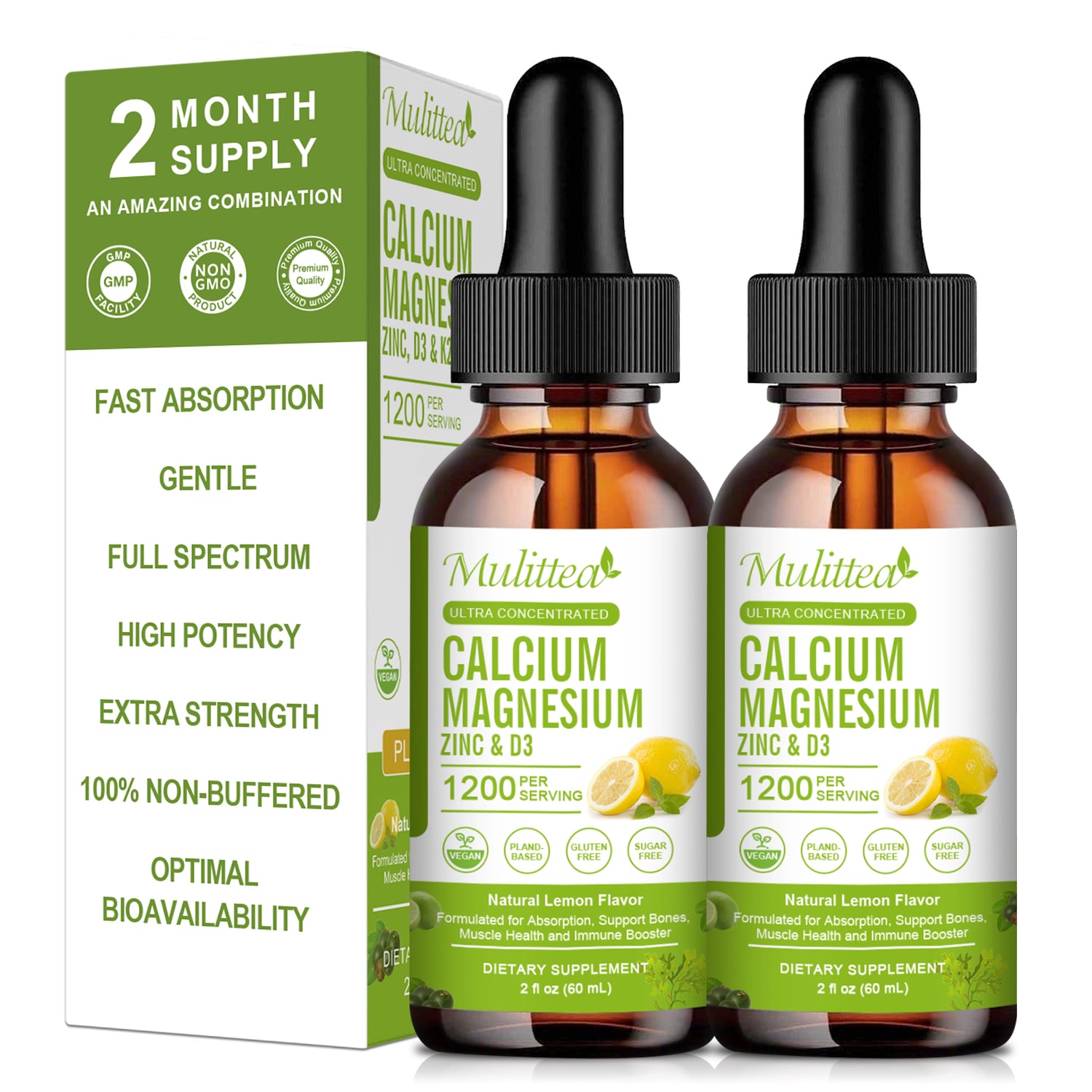
Gut–Brain Axis: Why Stress Can Upset Your Gut — And What to Do About It
Share
Ever had a day where stress literally felt like a knot in your stomach? That’s the gut–brain axis in action—a dynamic conversation between your digestive tract and your brain. In this post, we’ll explore why stress and stomach pain often go together and offer practical, easy-to-follow strategies to support your gut health. Expect a friendly, hands-on guide—no jargon, just everyday wisdom grounded in reputable research.
What Is the Gut–Brain Axis—and Why It Matters
Your gut and brain stay connected through a network that includes:
- The vagus nerve, the main wiring between gut and brain.
- Neurochemicals and hormones produced in the gut that affect mood and digestion.
- The gut microbiome—the community of gut bacteria that influences inflammation, digestion, and neural signals.
This isn't anything mystical—it's your body’s natural way of keeping mental and digestive health in sync. When one is out of sync, the other often follows.
How Stress Sends Your Gut Into Overdrive
Here’s how stress disrupts that connection:
- Digestive rhythm shifts: Stress either speeds things up (leading to urgency) or slows things down (causing bloating or constipation).
- Heightened gut sensitivity: A mild rumble can feel amplified—why mild discomfort sometimes becomes full-on pain.
- Tension in digestive muscles: Emotional stress causes subtle muscle spasms that register as cramps or tightness.
These reactions are common and normal—but if they're frequent or intense, speaking with a healthcare professional is a wise step.
Everyday Habits to Rebalance Your Gut–Brain Connection
1. Feed Your Gut Bacteria with Fiber
Aim for a variety of whole foods—vegetables, legumes, whole grains, fruits—to nurture beneficial gut microbiome activity and support digestion.
2. Calm the Mind Through the Vagus Nerve
Try slow, intentional breathing—around 5 minutes at 4–6 breaths per minute—to help your body "switch gears" into a more relaxed state.
3. Gentle Movement, Big Impact
Just a short walk—even 10 minutes—after meals encourages digestion and helps shift your physiology away from stress mode.
4. Keep Sleep Schedules Consistent
Going to bed and waking up around the same time daily supports your internal rhythms and eases digestive timing.
5. Consider Supplements Thoughtfully
- Probiotics or prebiotics: May assist your gut ecosystem—effects vary depending on the strain and individual; feel free to highlight your product here. If you’re considering adding probiotics supplement to your routine, Mulittea probiotics capsules and Mulittea probiotics softgels may be a supportive option to explore as part of a balanced lifestyle.
- Relaxation-support supplements (e.g., Mulittea magnesium glycinate liquid drops or chamomile supplements): can help breeze into restful evenings—always recommend people consult their provider if unsure.
These are supportive actions—not fixes—but when done regularly, they can shift how your system reacts to stress.

Digestible Science (Quick and Clear)
- Gut bacteria produce molecules (like short-chain fatty acids) that influence your nervous and immune systems.
- Those molecules travel signals via the gut–brain connection, affecting both digestion and mood.
- Stress interrupts that signal clarity, amplifying discomfort and altering gut function.
FAQ: Top Questions, Plain Answers
| Question | Answer |
|---|---|
| Can anxiety cause stomach pain? | Yes—anxiety can enhance gut sensitivity and disrupt digestive rhythm. Talk to your doctor if pain is frequent or disruptive. |
| How are stress and stomach pain connected? | Stress affects gut motility and digestive nerve responses, often triggering discomfort. |
| Can stress cause abdominal cramps or bloating? | It can—stress may induce gut muscle tightness or slow digestion, leading to cramps or bloating. |
| What role does the vagus nerve play? | It’s the main messaging highway between your gut and brain, influencing digestion and mood regulation. |
| What’s the gut microbiome? | The collection of gut bacteria that helps with digestion, immune balance, and nerve signaling; supporting it supports you. |
| How can I improve gut health? | Start small: daily plant foods, a breathing break, light movement, consistent sleep, plus optional supplements with guidance. |
When to Chat with a Healthcare Professional
If gut symptoms are severe, accompanied by red-flag signs (like blood in stool, unexplained weight loss, fever, or significant disruption to daily life), a consult can help clarify causes and guide appropriate support.
Closing Thought
Your gut and brain are partners—not adversaries—and they communicate in real time. While stress events are inevitable, you can’t always eliminate them—but you can strengthen how your system responds. With simple habits and mindful care, your gut–brain axis becomes a source of comfort, not chaos.

